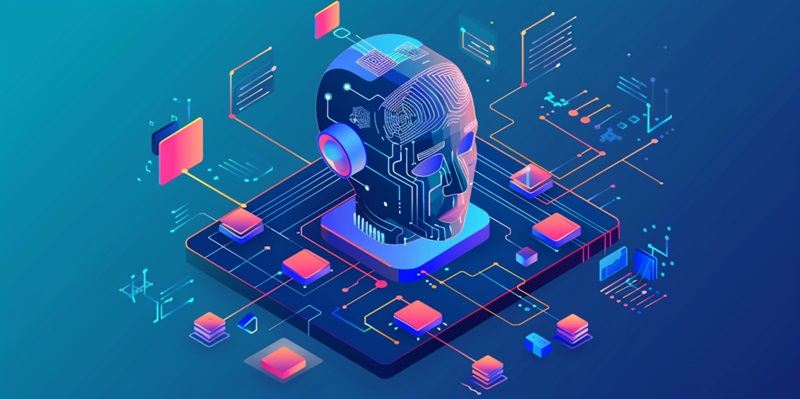The Belgian startup Robovision is making waves in the realm of industrial AI with its groundbreaking no-code AI platform, specifically designed for computer vision applications. This innovative approach has recently attracted a substantial $42 million in Series A funding, co-led by Astanor Ventures and Target Global. The investment underscores growing market enthusiasm for industrial AI solutions, which show promise in alleviating labor shortages in critical sectors like manufacturing and agriculture. By simplifying the process of AI model development and deployment, Robovision has positioned itself at the forefront of a technological revolution, addressing the needs of companies that may lack technical expertise but are looking to embrace automation. The startup’s recent valuation at $180 million post-investment is a testament to its potential impact on the future of industry.
Democratizing AI Through a No-Code Approach
Robovision stands distinguished in the crowded AI landscape with its user-centric, no-code platform that enables users with minimal or no technical background to develop robust AI solutions. This paradigm shift has allowed various sectors to implement sophisticated computer vision technologies seamlessly. By providing a graphical interface where customers can upload data, label images, and train models without a single line of code, Robovision has essentially democratized AI, extending its benefits beyond the tech-savvy circle. This ease of use also expedites the process of integrating AI into existing workflows, leading to improved efficiency and productivity for businesses of all sizes.
The significance of Robovision’s platform is not limited to its user-friendly design; its real value lies in the empowerment of industries to harness AI without the traditional barriers. The intuitive nature of the platform has enabled it to cater to a diverse range of applications, from agriculture to fabricating complex semiconductor wafers. Companies like Hitachi have applied Robovision’s technology to create high precision products, demonstrating the adaptability and effectiveness of its AI models. As the platform continues to evolve, the already impressive global footprint of Robovision, spanning 45 countries, is an indicator of the scalability and impact of its no-code AI solution.
Strategic Growth and Industry Impact
Robovision’s foray into the U.S. market comes at an opportune time when the appetite for AI solutions is mounting. Its versatile platform stands as a key innovation in industries grappling with workforce shortages by boosting efficiency and fostering ingenuity. The company’s AI technology has broad implications, aiding sectors such as agriculture with disease detection and healthcare with advancements during health crises.
With robust funding, confidence in Robovision is palpable, heralding a future where AI transcends tech oligopolies to be more inclusive. Maintaining over half of its ownership within the founding team and employees signifies a balanced mix of venture support and core leadership stability. As Robovision grows in the AI and robotics space, supported by solid finances and an innovative, user-friendly platform, it’s positioned as a critical catalyst for future industrial automation. The rise of no-code AI with Robovision signals a transformative era of accessible, pragmatic AI-driven progress.

